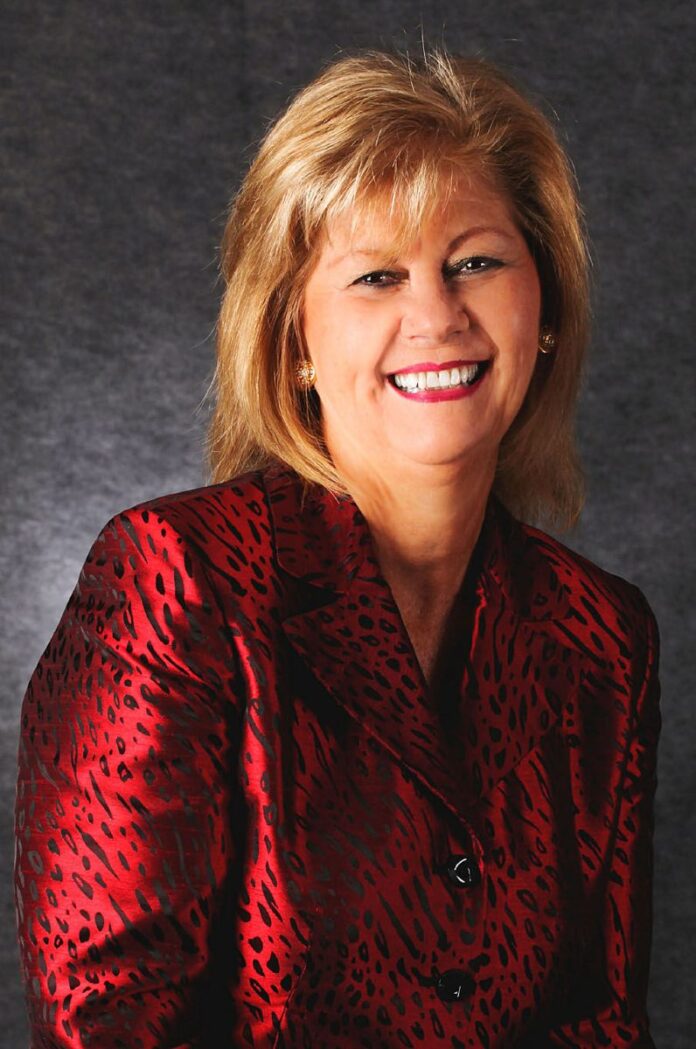EDINBURG — Hundreds of Rio Grande Valley educators spent Monday discussing and sharing ideas to better the college and career readiness of area students as part of South Texas College’s annual College and Career Readiness Summit.
The college invited school districts, higher education institutions and workforce partners to share their feedback on what the needs of the region are as far as the workforce and how to better offer those skills to the next generation of workers.
“The employers were really adamant that they just can’t find enough quality workers and they just steal them from each other,” STC President Shirley Reed said.
Employers pointed out that in terms of soft skills, such as basic skills of showing up on time and being able to work as part of a team, recent graduates have not shown readiness forcing them to spend more time and money training personnel that many times doesn’t stay long in the job.
With STC being the leading force in the Valley when it comes to dual-enrollment courses that offer high school students the opportunity to get ahead on a college degree or a technical certificate, Reed said it’s important for the college to also be committed to addressing the nuances that might come from having younger generations entering the workforce.
“Our public school partners are just as committed and the only way to do it is by coming together and having these conversations about how to do it,” Reed said. “It’s not placing blame, it’s no one’s fault.”
From better ways to help students plan for a career, to how to revamp Career and Technical Education, to the overall college attendance culture in the region, educators brainstormed how to reach goals as a group, and looked for better ways to become proactive rather than reactive when it comes to preparing the workforce.
About 280 educators registered for the summit and college officials, as well as panelists, took the opportunity to receive instant feedback and comments during sessions as well as via a survey that was sent at the end of the day-long summit.
“We have to have a connection between college and career readiness,” said Lupita Tijerina from Edcouch-Elsa school district. “I personally learned a lot about what is out there that I’m not aware of as far as the workforce… We really need students to be prepared for what is out there and what is to come and I think we do a disservice to our students if we don’t start talking to them about the technical careers out there and the skills they need for the future.”
College officials also used last-year’s feedback to shape the conversations included in this year’s summit, officials said, as the hope is to continue moving forward together and experimenting different ways to tackle an ever-changing issue.
One thing that Reed said needs to be at the basis of change is the bettering of communication between industry and educators to identify industry trends early and provide students the skills needed for those changing positions.
“All of our panelists said, ‘Industry is changing so much. We can’t keep up with it.’ So as employers, they can’t keep up with it, so how are we as training providers supposed to keep up with it?” Reed said. “Industry needs to tell us the trends early so that we can implement the changes in workforce preparation.”




